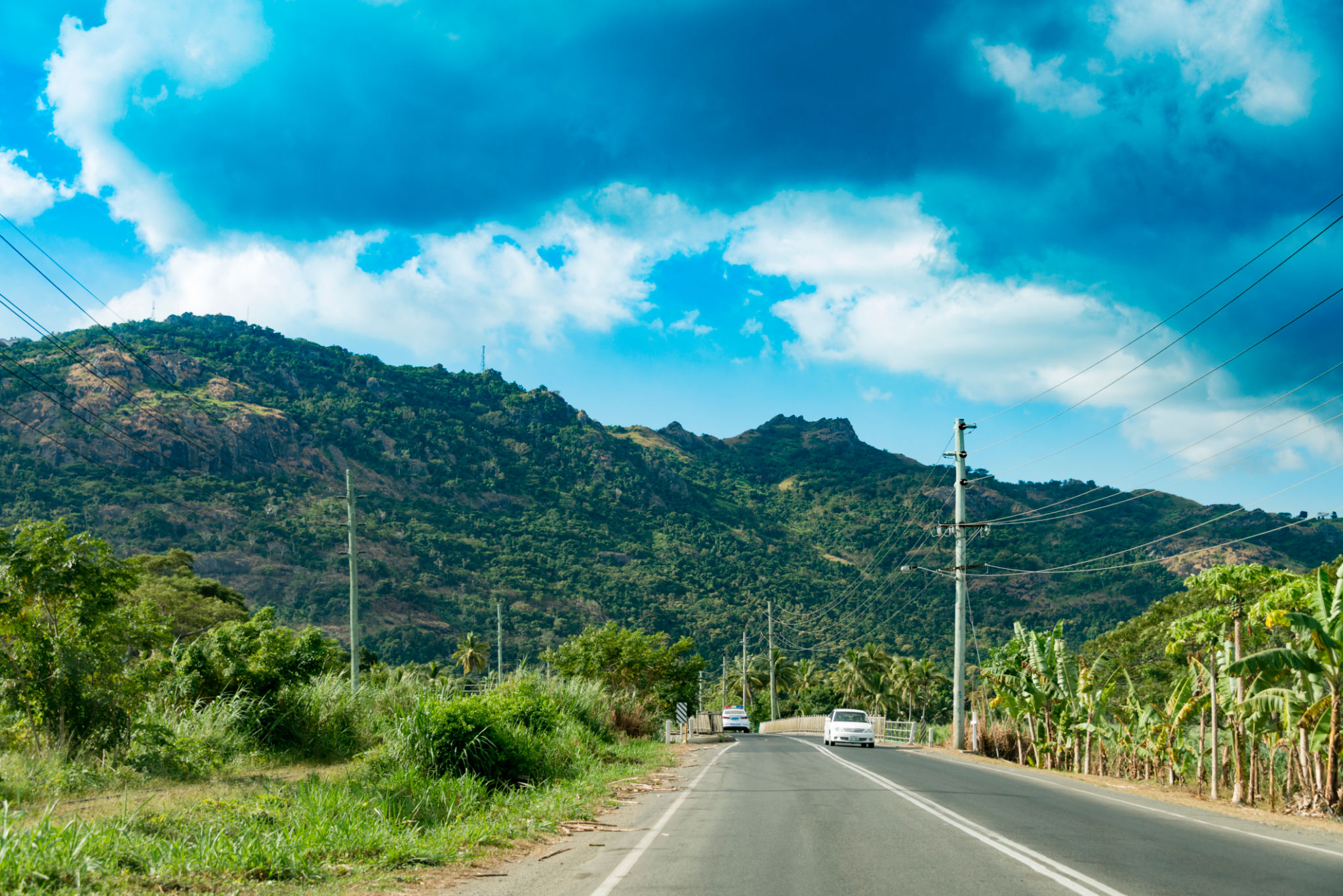Top Road Construction Trends Transforming Fiji's Infrastructure
KT
Introduction to Fiji's Evolving Infrastructure
Fiji is witnessing a transformative phase in its infrastructure development, particularly in road construction. As the nation strives to enhance connectivity and economic growth, several innovative trends are coming to the forefront. These advancements not only promise better roads but also bring sustainability and efficiency to the construction process.

Sustainable Construction Practices
One of the most significant trends in road construction in Fiji is the adoption of sustainable practices. With growing awareness about environmental impacts, construction companies are increasingly using eco-friendly materials and techniques. This includes the use of recycled asphalt and concrete, which helps in reducing waste and conserving resources.
Moreover, the incorporation of green technologies such as solar-powered lighting along roadways is becoming more common. These innovations not only reduce carbon footprints but also cut down on energy costs, making them a win-win solution for the environment and the economy.
Use of Advanced Materials
Advanced materials are playing a crucial role in enhancing the durability and quality of Fiji's roads. New materials like polymer-modified bitumen and geosynthetics are being used to improve road strength and longevity. This trend ensures that roads withstand harsh weather conditions and heavy traffic, reducing the need for frequent repairs.

Smart Technology Integration
The integration of smart technology in road construction is another exciting trend. Smart sensors and IoT devices are being used to monitor road conditions in real-time, providing valuable data that can be used for maintenance and safety improvements. This technology helps in predicting wear and tear, allowing for timely interventions before major issues arise.
Additionally, smart traffic management systems are being implemented to improve traffic flow and reduce congestion. These systems utilize data analytics to optimize traffic signals and provide real-time updates to commuters, enhancing overall road efficiency.
Public-Private Partnerships
Public-private partnerships (PPPs) are increasingly being used to fund road infrastructure projects in Fiji. These partnerships leverage private sector expertise and resources, ensuring that projects are completed on time and within budget. Through PPPs, the government can focus on strategic planning and oversight while private companies handle execution and maintenance.

Emphasis on Safety and Accessibility
Safety and accessibility remain top priorities in Fiji's road construction trends. New projects are designed with pedestrian walkways, cycling lanes, and enhanced street lighting to ensure safety for all road users. Furthermore, efforts are being made to improve accessibility for people with disabilities, ensuring that all citizens can benefit from modern infrastructure.
The use of safety barriers and advanced signage is also being prioritized to reduce accidents and enhance the driving experience. These measures reflect a commitment to creating a safer and more inclusive road network across the nation.
Conclusion: A Bright Future Ahead
Fiji's road construction landscape is rapidly evolving with these innovative trends. By embracing sustainability, smart technology, advanced materials, and strategic partnerships, Fiji is paving the way for a resilient infrastructure that supports its economic growth and enhances the quality of life for its citizens. As these trends continue to develop, Fiji's roads will undoubtedly become a model for other nations looking to modernize their infrastructure.
